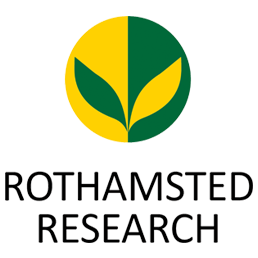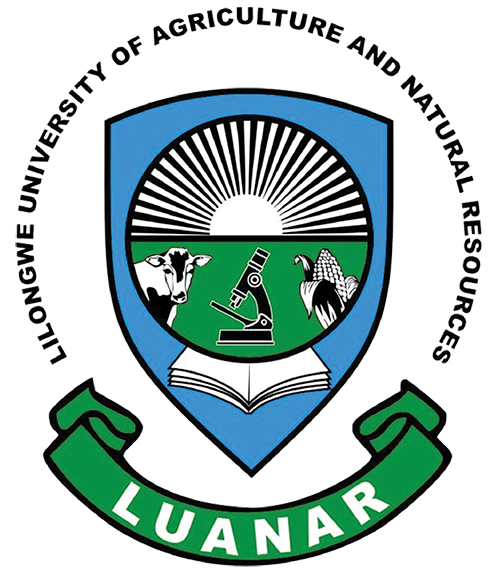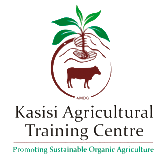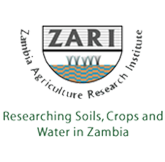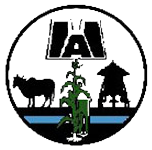It is essential to improve the productivity of agriculture in sub-Saharan Africa while protecting land and water resources, but this is increasingly challenging in the face of climate change. Two recent drought seasons in southern Africa have highlighted the vulnerability of agriculture to climate change. Conservation agriculture (CA) practices — minimum till, mulching and crop rotations — are widely promoted as 'climate smart' strategies targeted at smallholder agriculture in the region. The benefits of CA are the subject of wide debate, and policymakers and communities require a broad base of evidence from the natural and social sciences to support their decision making.
One of the largest knowledge gaps concerning CA is how the changes in farm practice affect the physical properties of the soil, and so change the water cycle in the farmed landscape. We need to understand how CA affects the capacity of the soil profile to store water, whether and how it makes crops more resilient to droughts, and whether such changes in the soil affect the recharge of groundwater resources, on which many rural communities depend.
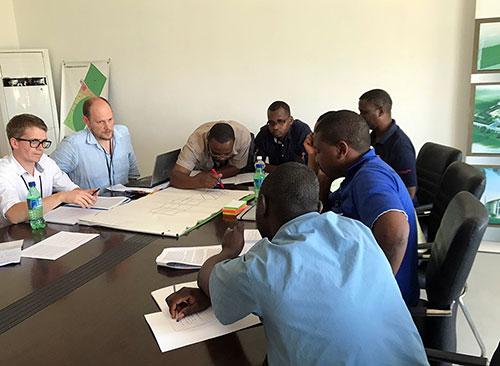
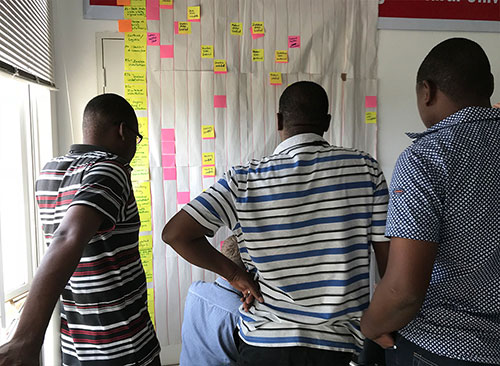
The CEPHaS project is a network of researchers from Zimbabwe, Zambia, Malawi and the UK. We bring together soil physicists, geophysicists, hydrogeologists, agronomy and farm system specialists and statisticians. We are developing the capacity of our network to deliver research on the impacts of CA on the water cycle via field experiments with cutting-edge monitoring, from the rooting zone to the water table, and associated laboratory capability. We are engaged with policymakers to deliver evidence concerning the impacts of CA on crop yields and groundwater recharge. We are also working positively to develop institutional environments that are conducive for world-class research through structured approaches to research capacity strengthening.
We believe that building such research capacity is essential for robust scientific evaluation of interventions to improve the resilience of rain-fed agriculture in the region, and to understand its impact on water security more generally.
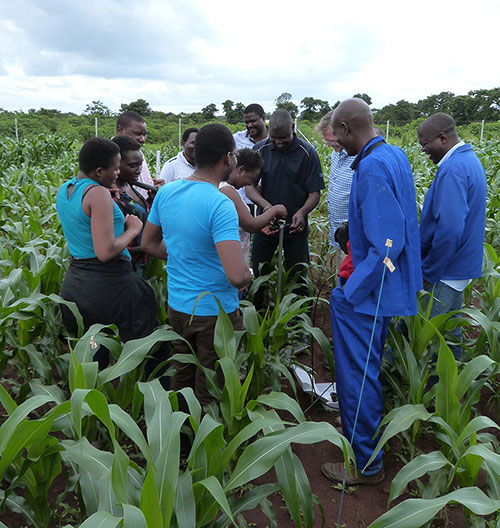
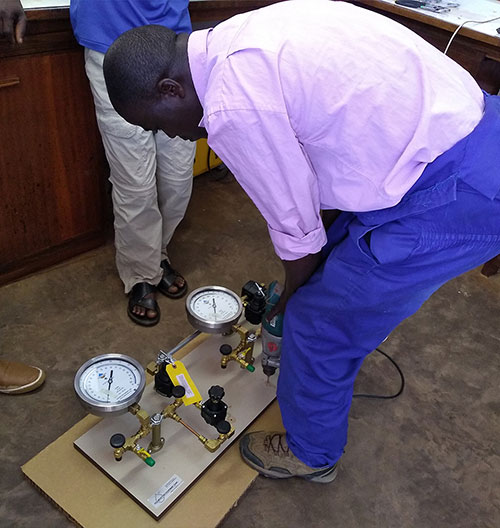
The CEPHaS project is in the GROW consortium of projects on research capacity strengthening, funded by UK Research and Innovation's (UKRI) Global Challenges Research Fund (GCRF). The project is funded for £5.1 million over 51 months. Research organisations are the University of Zimbabwe, University of Zambia, Lilongwe University of Agriculture and Natural Resources (Malawi), British Geological Survey, the University Of Nottingham, Rothamsted Research and Liverpool School of Tropical Medicine (Capacity Research Unit). We are also working in partnership with the Kasisi Agricultural Training Centre (Zambia) and the Department of Agriculture Research Services (Malawi) and are collaborating with CIMMYT in Zimbabwe.


CEPHaS is funded by Research Councils UK through its Global Challenges Research Fund programme.

